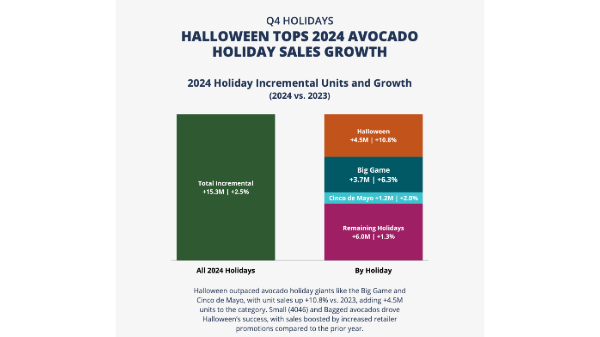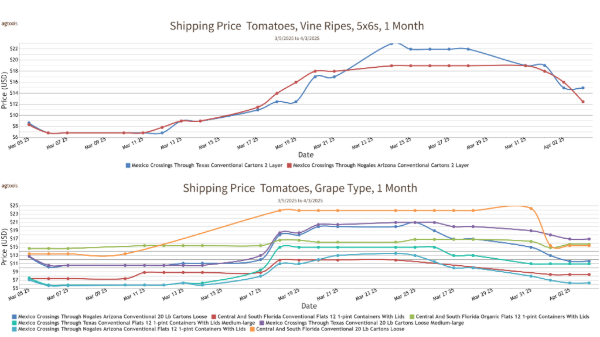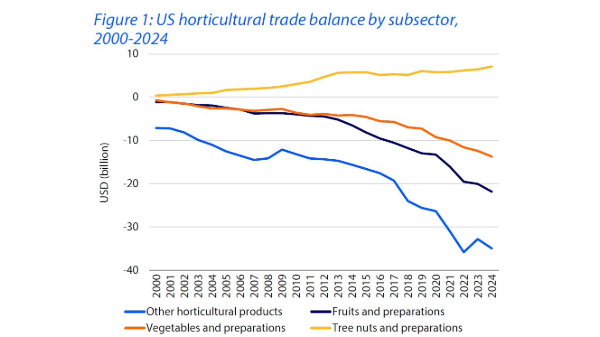Welcome to Blue Book!
Are you ready to join the thousands of companies who rely on Blue Book to drive smarter decisions? View our plans and get started today!
Still have questions? We’d love to show you what Blue Book can do for you. Drop us a line– we’ve been waiting for you.
Requirements
Sustainability within the supply chain is not a series of quick-hit initiatives a produce company can turn on and off as economic conditions dictate. It requires ongoing commitment, resources, and strategic focus. First and foremost, SCS must be driven by top leadership in the organization. “You need commitment from the CEO and board of directors,” says McCartney. “They need to make SCS a priority, stay focused on it, and overcome resistance to change. It can’t be a one-time, one-off deal.”
Investment capital is another essential requirement. Just like environmental resources, financial resources are finite and must be properly invested. “A sustainability project may have a big upfront expense, but as long as we get a solid return on the investment, it makes good sense and better positions our business,” says Van Dyke.
Measuring the SCS project’s impact and return on investment is equally important. “When folks measure key components and assess year-over-year continuous improvement,” says Means, “they make progress and save money.”
Means also highlights the importance of measurement to market SCS successes to retailers and consumers. “You need accurate numbers to back up your story because somebody will check it out,” she says. “Measurement provides credibility and authenticity.”
The willingness to partner with external organizations is also vital for the development of innovative solutions. “We’re working with the packaging design department at Cal Poly San Luis Obispo,” says Inestroza. “A recent senior project helped us reduce the weight of a display box by about 18 percent. Not only are we saving on the packaging costs, we’re saving on air freight expenses.”
“Saving money is a great incentive to adopt sustainable practices,” says Fresh Link’s Athanassiadis. “Sustainability starts and ends with the ability to maintain a successful business year after year, generation after generation.”
Summary
Just as the supply chain goals of better, faster, and cheaper must be achieved, sustainability must also be prioritized. Produce companies need to move beyond one-off acts of basic environmental stewardship; instead, they should establish perpetual SCS programs to cost efficiently serve the trifold mission of people, planet, and profit improvement. Doing so will drive sustainability-focused operating procedures across the supply chain, imbed positive cultural change among your team and partners, and promote the financial longevity of your organization.








